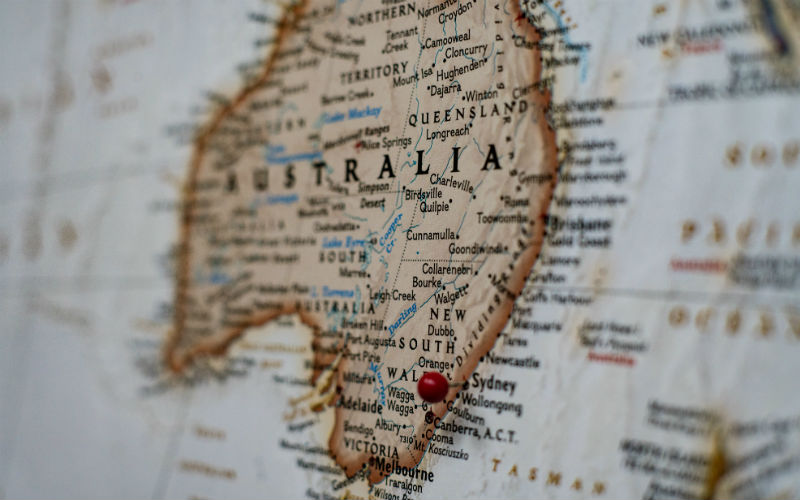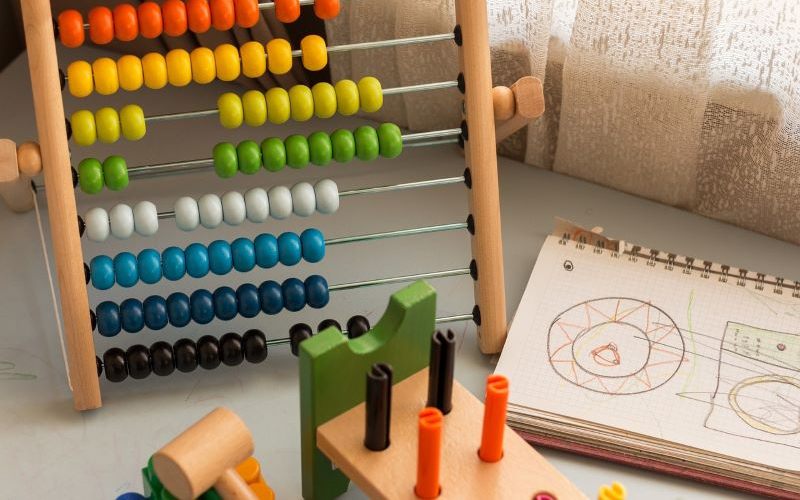Net worth per capita was down 0.9% over the quarter to $546,962, the lowest since September 2021.
This will perhaps be unsurprising given the ten consecutive hikes to the cash rate we have seen since April 2022.
The RBA's objective is to bring down inflation by cooling demand, so increasing the cash rate means households are spending a larger amount on their mortgage repayments, while high inflation also eats away at budgets.
Increasing interest rates have also seen property prices drop, which Mish Tan, ABS head of finance and wealth statistics, said was the biggest reason household wealth was down.
"[The drop] is largely due to falling residential property prices, as rising interest rates lower demand and household borrowing capacity,” Dr Tan said.
The total value of residential land and dwellings was $9.2 trillion, 3.9% (or $374 billion) lower than December 2021.
Demand for credit already low
Another byproduct of rate hikes was a large drop in demand for credit, falling by over $50 billion over the quarter to $63.8 billion.
Rate hikes are intended to curb spending, but the RBA also will want to ensure that high interest rates are not too great a constraint on investment, essential for the economy to grow.
Over the December quarter, national capital investment decreased to 22.4% of GDP.
Savings growth a positive
The hit to household wealth was tempered by gains to financial assets like savings accounts and superannuation.
Superannuation assets rose 3.6% over the quarter, likely reflecting share markets rebounding after previous heavy losses.
Household deposits were up $32.3 billion, so there was a record $623.3 billion invested in deposit accounts like savings and fixed-term deposits.
“Households have increased their investments in term deposits as banks offer higher interest rates on these products,” Dr Tan said.
Picture by Pixabay on Pexels



 Denise Raward
Denise Raward

 Harry O'Sullivan
Harry O'Sullivan
 Harrison Astbury
Harrison Astbury


